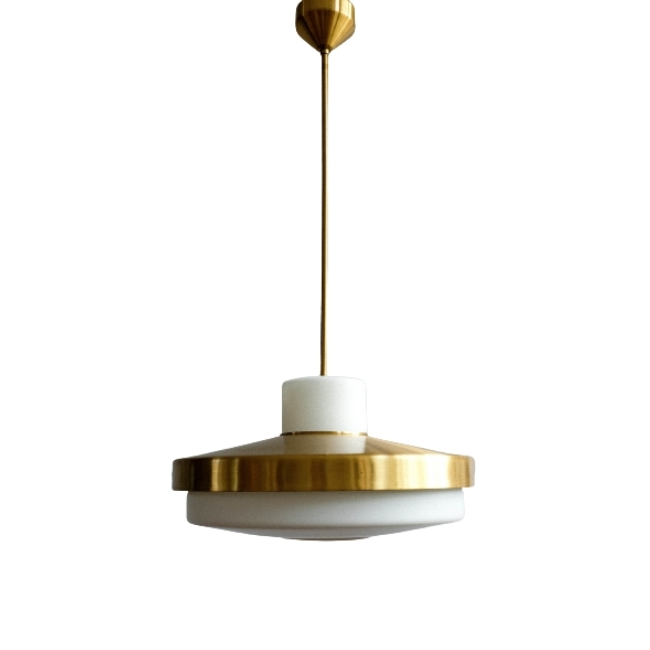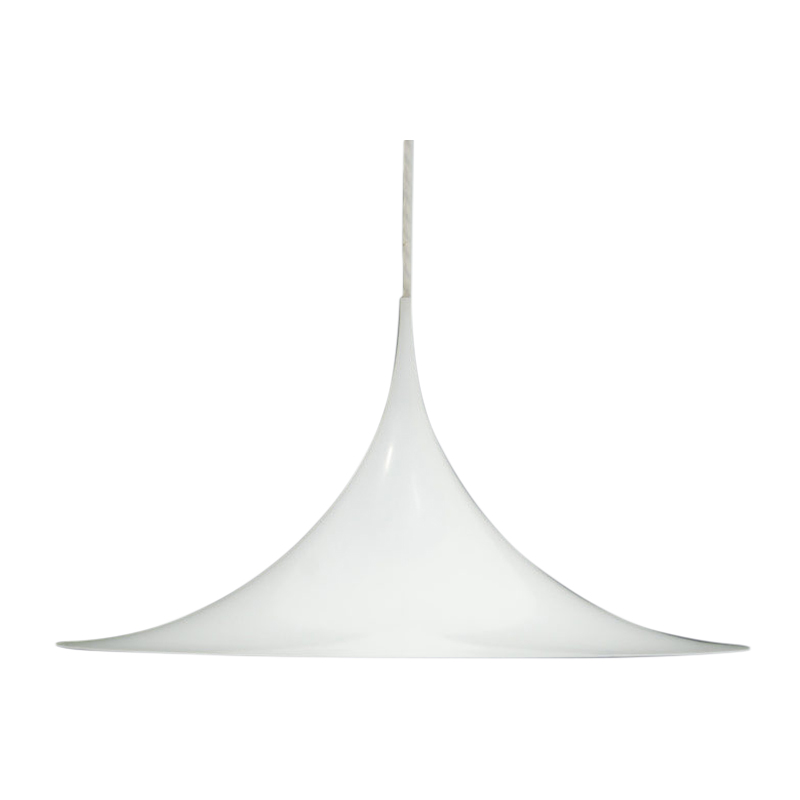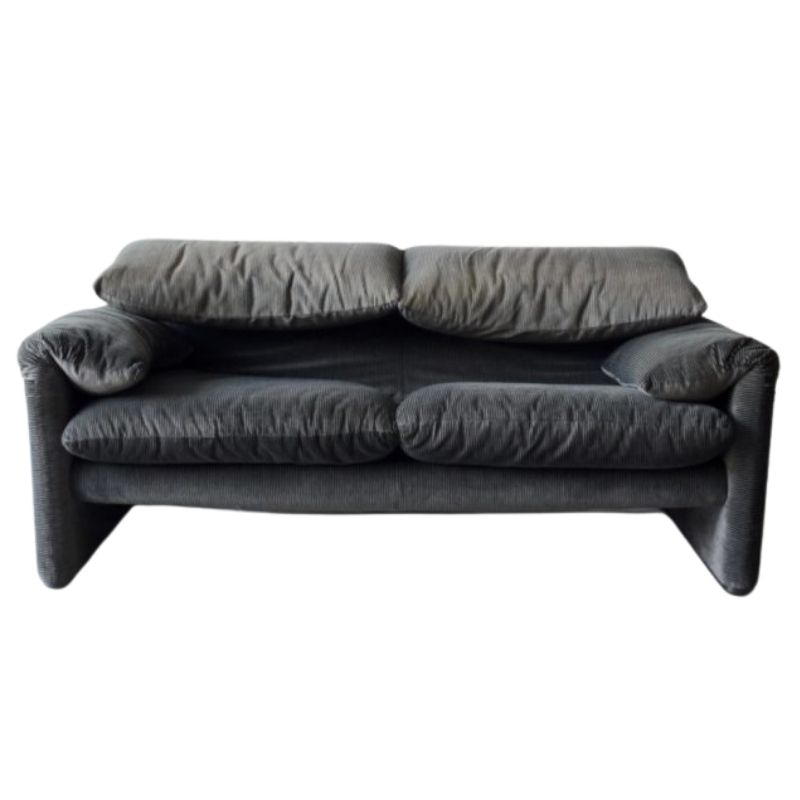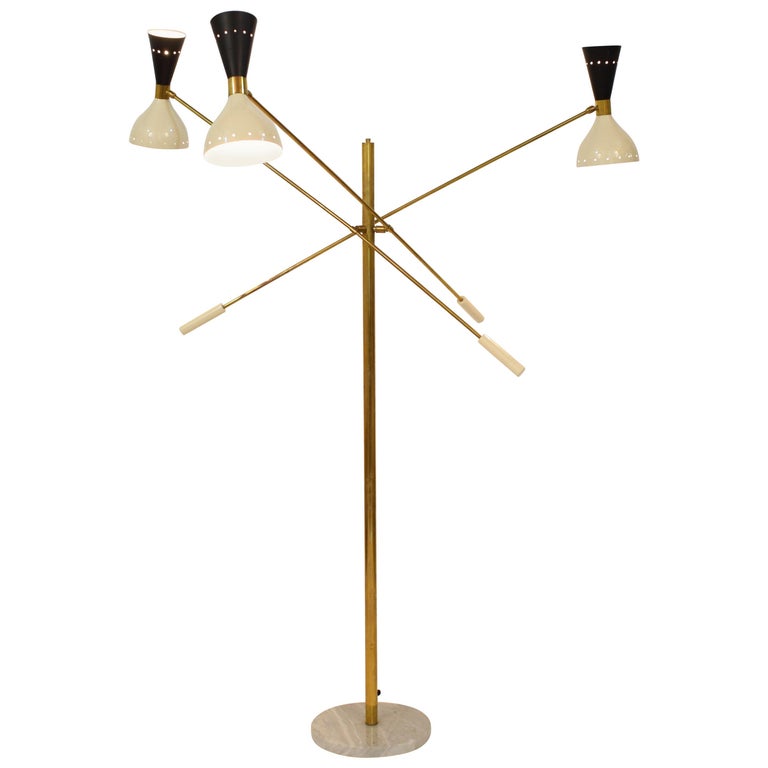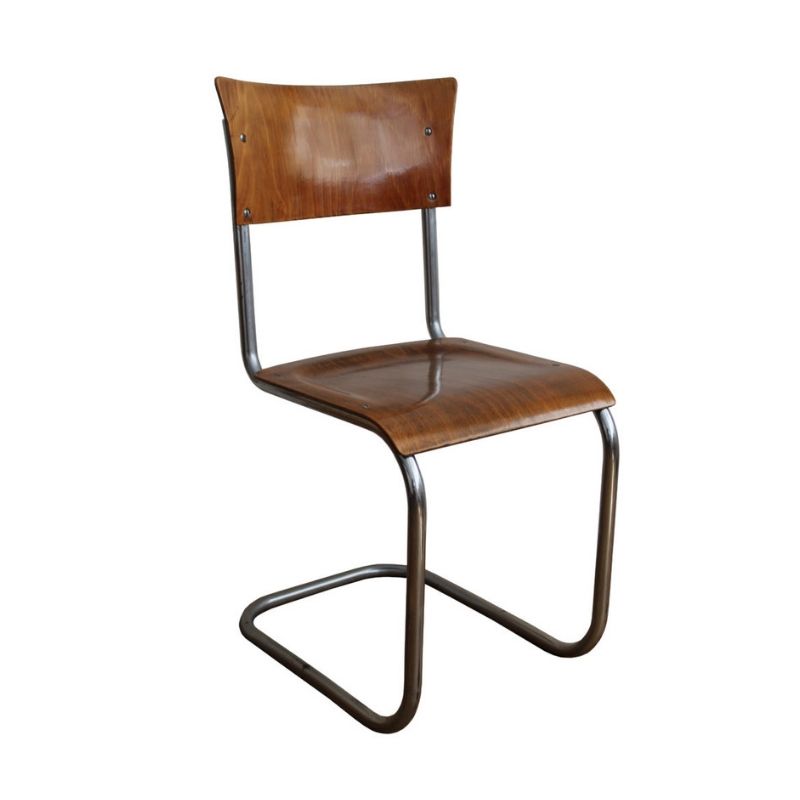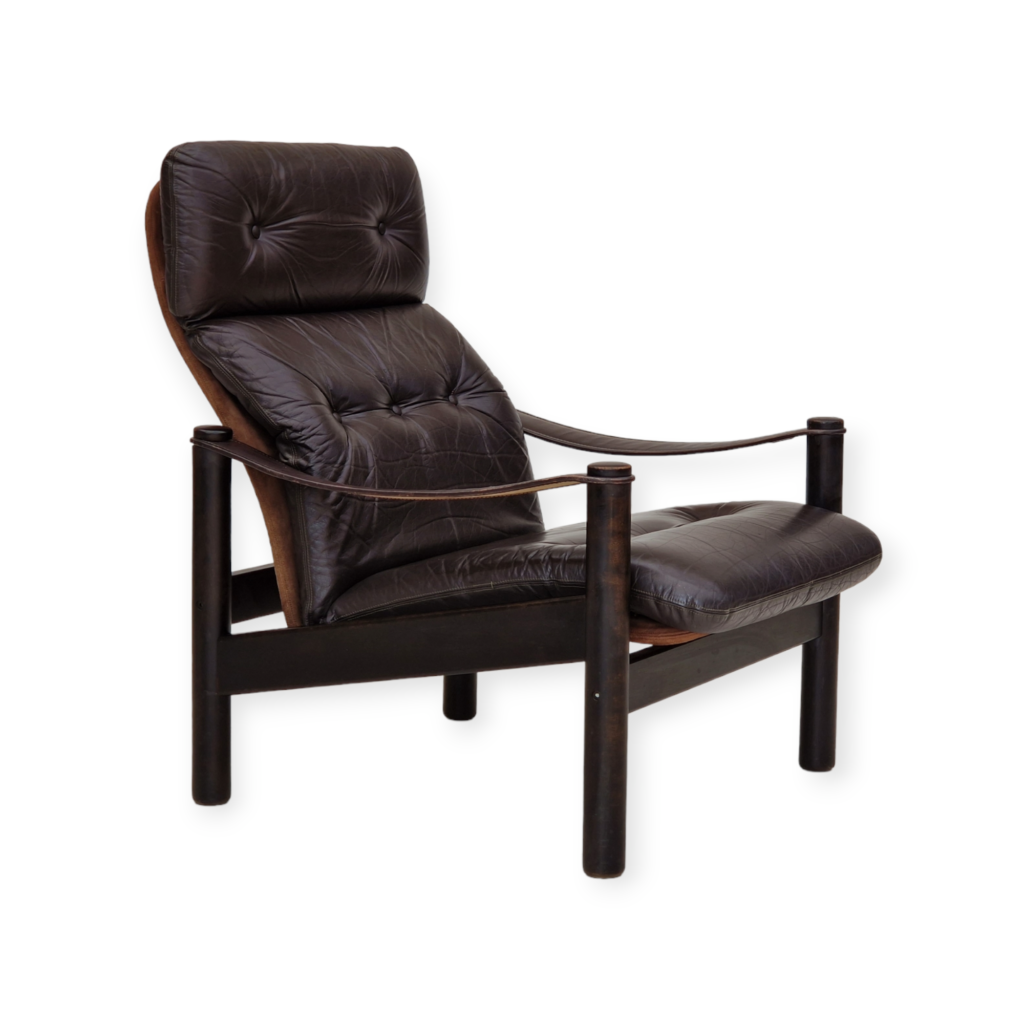Identifying wood from photos is not easy in the best of circumstances.
So, since you have a table with this mystery wood, let's get some good and sharp photos of the wood. If you can take a leg off the table to show the wood where it is unfinished, I have a hunch that will be very helpful.
I sanded down a bit of the exposed wood on the top. It's as dark as I'd expect with rosewood and now having had a bit of experience sanding both rosewood and mahogany - unfortunately I couldn't smell much at all, even when sniffing the freshly sanded surface. Strange!
I've attached some photos. I now must apologise for my phone as always here, it really is atrocious so I'll understand if it doesn't help at all. I think I've said this before here but it struggles with exposure and then puts a weird 'soft skin' filter over the top of everything. Apparently it's a problem all Xperia Z3C users have.
I just see this variety of 'rosewood' so regularly and kind of scoff at it, but I also understand why people think it is. I've attached a picture of the table top involved, which is definitely a variety of rosewood (I'd assume Indian). And the trim on the table is made from the same wood!
Bizarre!
Has the table been re-finished? I am guessing almost certainly yes. And is there any indication that it might have been 'stained' darker originally?
If you want to take another 20 or 30 close up photos of the legs, edge banding, and veneer top, I would be curious to see if there is a spot where the grain really gives it away. (As of right now, I can definitely tell you what family of tree the wood is, but unfortunately that leaves too many options on the table).
Is this table marked at all? It looks like a multitude of tables from the late 1960s onwards. If I happen to have a catalog for the maker it might be interesting to see if anything is said about the wood.
And I happen to have a catalog page that might suggest what wood the Danish furniture industry as a mass decided to use for pieces that needed to hit a price point that made Brazilian Rosewood too expensive a material, but it would be nice to make sure I am not confusing things before I post it.
Here is another danish piece that I believe has the same wood:
http://www.lauritz.com/da/auktion/aksel-kjaersgaard-skrivebord-palisande...
I'll try post some more photos next weekend (sooner if I get the chance) but I will say I'm 100% certain this is a Skovby table. No mark, but it's actually fairly unusual and I've only ever seen one like it which was marked Skovby.
I don't think the legs have been refinished at all. I definitely refinished the top myself and I'd say there was some stain involved on the top and banding it was fairly 'mahogany' coloured. 'Mahogany' being that fake red that no wood really is.
I'd love to know the family you suspect in the mean time.
Have you never seen this though? Maybe it's just the UK market, but there's so much of this faux rosewood. It's to me especially apparent with any UV damage. Unlike teak which just goes yellow and rosewood which goes yellow but the darkest figuring remains this features the most odd dappling effect. It looks leopard-like sometimes.
I most definitely think you're right - I'm glad I'm not just going crazy.
I also found this which is a prime example of the UV damage dappling I'm talking about:
And then these Kai Lyngeldt chairs that look nicely finished, but on the armrests in particular look like this wood and offer very little in way of annular figuring for rosewood as we might expect:
http://interiorboutiques.com/en/set-of-8-danish-rosewood-dining-chairs-b...
The main reason I don't think they're mahogany though is I have seen plenty of mahogany and the pores on this are huge. Whereas in mahogany it's very fine.
So, I think the wood they used later on and stained to look like Brazilian Rosewood is Bubinga, which at the time was often called African Rosewood. It is also in the pea family so not that far distant a relation of Brazilian Rosewood.
I have seen lots of stained Ramin in various pieces too. So this catalog page strikes me as a particularly frank expos̩ of what the Danes used when they needed to hit a price point.
Leif,
Regarding the above catalog page. I believe I have the exact chair shown on the page, but I am not able to find anything online when I search for K.J.L. or Model B-11 chair. To date, I have been unable to identify the chairs, this catalog page is as close as I've ever been; the chairs have no visible markings, stamps, or labels.
thanks in advance.
I just wanted to say thanks Leif, having looked at the http://hobbithouseinc.com/personal/woodpics/ that this appears to be exactly the wood these legs are made of. It definitely still looks like mahogany to me, with the weird 'chatoyancy' that exists in it but with an actual form of figuring in it, mahogany is more smokey than veiny (visually speaking).
As per usual you are a machine, Leif.
If you need any help, please contact us at – info@designaddict.com




